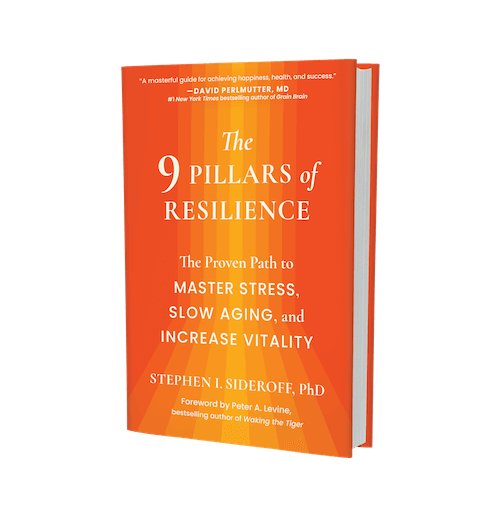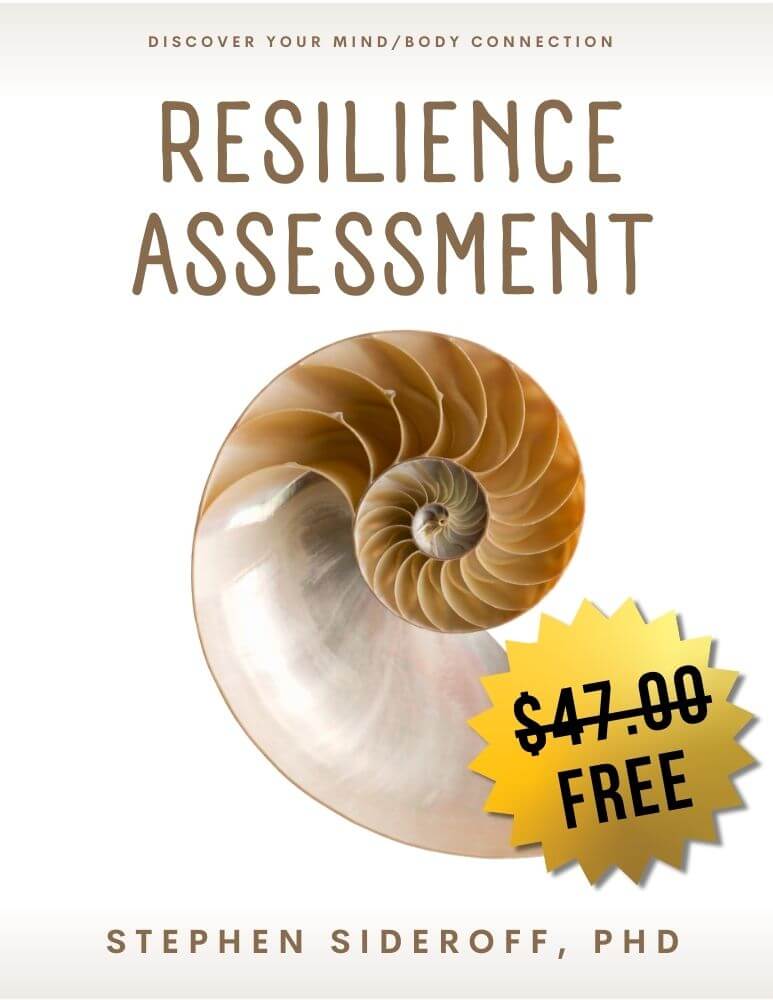Posted in Psychology Today October 19, 2015
At the heart of resilience is your ability to adapt. This refers to making adjustments – physical, emotional and mental – based on new circumstances and information. Adjustments can be in your behavior, perception, beliefs or judgements. The more effective you are in adjusting and changing, the healthier and more resilient you will be.
As children we do a great job of learning how to survive and adapt to the environment we are born into. Based on this learning we develop a blueprint of the world and our place in it. In my book I refer to this blueprint as your Primitive Gestalt pattern which is imprinted in your brain.
You are intimately attached to your Primitive Gestalt. Because first learning is survival learning, your attachment to these lessons holds the highest level of importance and strength. This survival-level learning is coded into your brain as to how the world works and who you are, rendering adaptation to newer information more difficult. In other words, childhood learning freezes adaptation. You are given the chart of the territory of life and yourself, but not the keys to make healthy changes to that chart.
The first steps in detaching from these early messages – such as ”I’m not OK”, “I don’t deserve”, or ”I’m not good enough” – is to realize that they are not part of your DNA, but instead they are only messages that you have learned. This is very important because they have gone in so deep into your psyche and have been reinforced throughout your childhood that most of you simply believe that this is who you are. This belief makes change and true adaptation impossible. By recognizing that some of your most deeply held beliefs were learned as you adapted to the messages of your primary caregivers, you can now begin questioning these beliefs.
Awareness always precedes change. As you read this blog, identify a belief about yourself that holds you back, and also interferes with adapting to and taking in, new information. For example, if you believe you are not smart enough, or skilled enough, you will be more receptive to examples of this in your life: times when you made a mistake, didn’t do something well enough. At the same time, you will be more likely to dismiss performances and feedback that show that you are smart or capable. We chalk it up to luck, coincidence or we say, “Anyone could have done it”. In this way, you stay frozen in old patterns.
It’s now time to label your existing beliefs about yourself as learned and perhaps not truly accurate. (It could also be a belief about the world, such as, “the world is dangerous” or “people are out to get me”). These beliefs, part of your Primitive Gestalt pattern can now be noticed with a more skeptical eye. When you notice a belief that gets in your way of growth and healthy adaptation, label it as inappropriate. Doing this consistently will begin to loosen the hold these beliefs have on your thinking and behavior.
One very helpful technique I use, to be more objective about your beliefs, is to imagine someone you love and are close with, experiencing your situation or performing the way you do. Would you make such harsh judgements about them? Would you dismiss or minimize their achievements the way you do with your own? When you recognize that you would treat this other person differently than you are treating yourself, it supports your efforts to label as inappropriate, your old beliefs.
By considering and trying on new and more positive beliefs about yourself or about the world, you begin to break away from your Primitive Gestalt pattern. This makes you available to more effectively adjust to new information – about you or your world. This is healthy adaptation. It is an example of flexibility, my seventh pillar of resilience.

